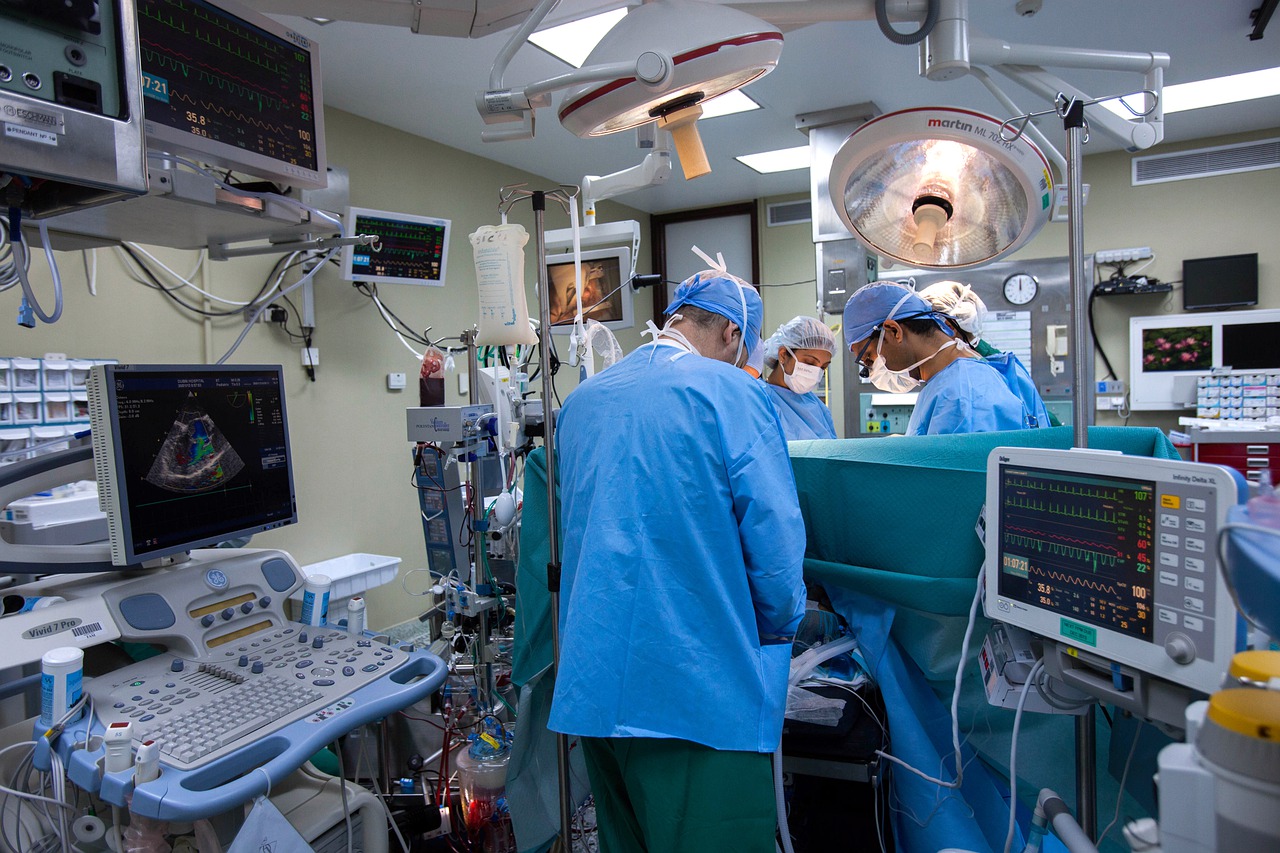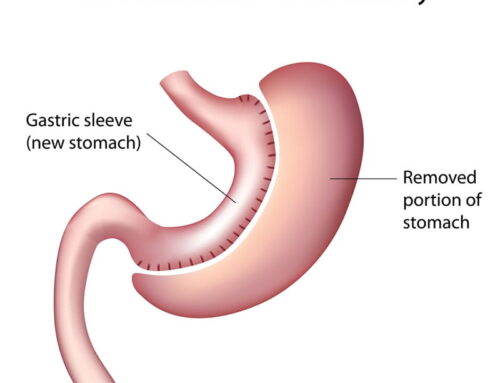What Does a Bariatric Surgeon Do?
A bariatric surgeon is a medical specialist who helps people achieve significant weight loss through surgical procedures. In Australia, where about two-thirds of adults are overweight or obese, these surgeons play a vital role in managing obesity and its related health conditions.
The Role of a Bariatric Surgeon
-
Assessment and Consultation
-
Medical History & Physical Exam
The surgeon reviews your overall health, weight history, existing medical conditions (like type 2 diabetes or high blood pressure) and previous weight-loss attempts. -
Multidisciplinary Evaluation
Bariatric surgery isn’t a stand-alone intervention. Surgeons work with dietitians, psychologists, endocrinologists and physiotherapists to ensure you’re prepared both physically and mentally.
-
-
Surgical Procedures
Australian bariatric surgeons commonly perform:-
Gastric Sleeve (Sleeve Gastrectomy)
About 75–80 percent of the stomach is removed, leaving a narrow “sleeve” that limits food intake. -
Gastric Bypass (Roux-en-Y)
The stomach is divided to create a small pouch and rerouted to bypass the first part of the small intestine, reducing calorie absorption. -
Adjustable Gastric Band
An inflatable band is placed around the upper stomach to form a small pouch; it can be tightened or loosened over time. -
Biliopancreatic Diversion with Duodenal Switch
A more complex operation combining a sleeve gastrectomy with a significant bypass of the small intestine.
All these procedures are usually done laparoscopically (keyhole surgery), which means smaller incisions, less pain and quicker recovery.
-
-
Post-Operative Care
-
Immediate Recovery
After surgery, you’ll spend a few days in hospital. The surgeon monitors for complications such as bleeding or infection. -
Diet Progression
You’ll move from clear fluids to pureed foods to solid meals over several weeks. A dietitian provides meal plans to ensure adequate nutrition. -
Long-Term Follow-Up
Regular check-ups monitor weight loss, nutritional status (vitamins and minerals) and any late complications. The surgeon may order blood tests to check for deficiencies.
-
-
Managing Complications
While generally safe, bariatric surgery carries risks. Surgeons watch for:-
Leaks or strictures at the surgical site
-
Nutrient deficiencies (iron, B₁₂, vitamin D)
-
Gallstones, hernias or internal adhesions
Early detection and intervention are key to preventing more serious issues.
-
-
Supporting Lifestyle Change
Surgery is a tool, not a cure. Bariatric surgeons and their teams support patients in:-
Adopting Healthier Eating Habits
Emphasis on protein-rich, low-sugar, low-fat foods. -
Regular Physical Activity
Tailored exercise programs aid weight loss and maintain muscle mass. -
Behavioural Strategies
Techniques to manage stress- or boredom-eating, emotional triggers and goal-setting.
-
Why See a Bariatric Surgeon?
A bariatric surgeon can guide you through surgical options that often result in substantial, sustained weight loss. Beyond shedding kilos, many patients see improvements in diabetes, sleep apnoea, joint pain and overall quality of life.
In Summary
A bariatric surgeon in Australia is more than an operator of weight-loss surgery. They’re the leader of a multidisciplinary team, providing assessment, technical expertise, compassionate care and long-term support. For those struggling with severe obesity, their work offers a proven pathway to better health and well-being.




